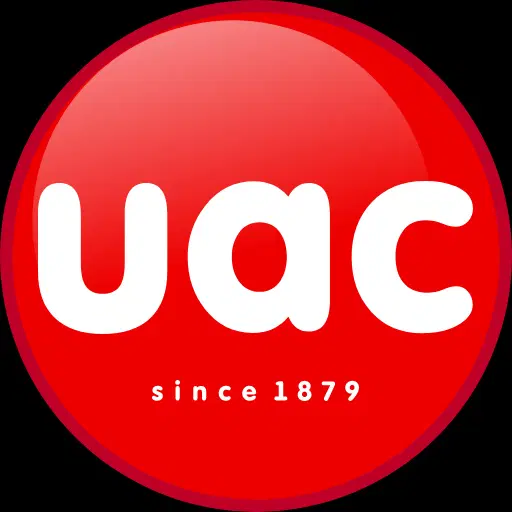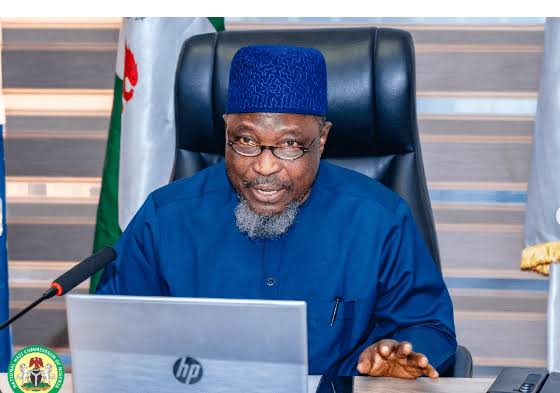Alex Omenye
In a Democracy Day message celebrating 25 years of uninterrupted democratic governance in Nigeria, President Tinubu acknowledged the economic challenges facing the nation.
“I understand the economic difficulties we face as a nation,” he stated, attributing these issues to decades of mismanagement and an over-reliance on oil revenues.
President Tinubu emphasized that the necessary economic reforms his administration has implemented are designed to lay a stronger foundation for future growth, despite the current hardships they have caused.
“The reforms we have initiated are intended to create a stronger, better foundation for future growth. There is no doubt the reforms have occasioned hardship. Yet, they are necessary repairs required to fix the economy over the long run, so that everyone has access to economic opportunity, fair pay, and compensation for his endeavour and labour,” he said.
Tinubu also pledged to listen to the people and never turn his back on them, adding that his administration has negotiated a new national minimum wage with organized labour and will soon propose an executive bill to the National Assembly to formalize this agreement.
However, the President’s optimism was not shared by all. Former Vice President Atiku Abubakar strongly disagreed with Tinubu’s outlook, criticizing the past nine years under the ruling All Progressives Congress as a period of extreme hardship, poverty, and unprecedented violence and insecurity.
“The past nine years have thrown up a regime of extreme hardship manifested in excruciating poverty and unprecedented levels of violence and insecurity upon our people. Sadly, the ruling All Progressives Congress is to blame for bringing forth this dawn of gloom,” Atiku said in his Democracy Day message. He urged all stakeholders to work towards sustaining democracy, emphasizing that it remains the best form of government.
The Peoples Democratic Party echoed Atiku’s sentiments, accusing the APC of betraying the legacy of Chief M.K.O. Abiola, the acclaimed winner of the June 12, 1993 presidential election. National Publicity Secretary Debo Ologunagba charged citizens to use this year’s Democracy Day to speak out against the “anti-democratic tendencies of the insensitive APC which is asphyxiating, inflicting hardship, trampling on the will and rights of Nigerians, and seeking to foist a totalitarian system on our nation.”
The PDP argued that the APC has violated democratic ideals by disregarding public opinion, imposing multiple taxes, and engaging in corruption while subjecting Nigerians to fear, uncertainty, and poverty.
The National Democratic Coalition, USA, also criticized the Tinubu administration, calling it a betrayal of the spirit of June 12. The group denounced the 2023 presidential election as the worst electoral fraud in Nigeria’s history.
As Nigeria marks this milestone in its democratic journey, the divergent views between the government and opposition underscore the deep challenges and contentious issues facing the nation.











